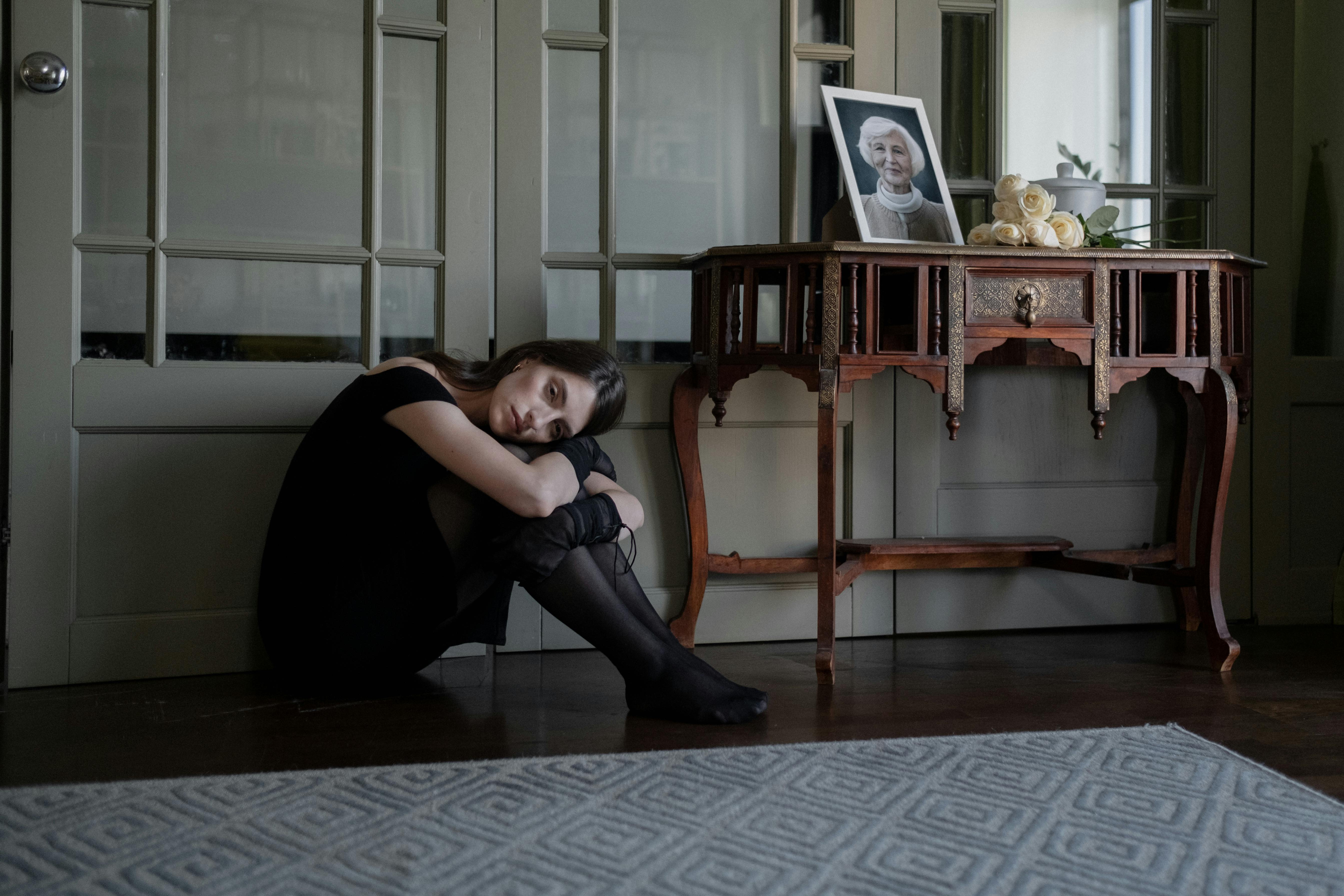A new approach to cognitive-behavioral therapy may be especially helpful for patients who are grieving.
In recent years, researchers have been exploring new treatments for prolonged grief disorder (PGD), a condition now recognized as a distinct diagnosis in both the International Classification of Diseases (ICD-11) and the Diagnostic and Statistical Manual of Mental Disorders (DSM-5-TR). PGD is characterized by intense and lasting grief symptoms that persist long after the loss. For some, this experience can last months or even years, making it very difficult to function day to day. This can impact one’s career, relationships, health, and overall well-being.
Traditionally, those in the mental health field have used techniques like narrative therapy, compassion-focused therapy (CFT), and cognitive-behavioral therapy (CBT) to treat symptoms of grief and help client navigate through this difficult journey. However, research has shown that these approaches might fall short for those who with complicated grief, and thus, the concept of Prolonged Grief-specific Cognitive Behavioral Therapy (PG-CBT) was introduced as a variation of CBT to address this gap.
PG-CBT combines traditional cognitive behavioral techniques with grief-specific elements, such as exposure exercises, psychoeducation, and cognitive restructuring, to help individuals process their loss and rebuild their lives over a longer term. A study recently published in JAMA Psychiatry examined PG-CBT’s effectiveness compared to present-centered therapy (PCT), which focuses more on providing general emotional support rather than addressing specific cognitive patterns related to grief.

The study, conducted across four outpatient clinics in Germany, involved 213 participants between the ages of 18 and 75 who were experiencing primary PGD. Participants were carefully screened and selected based on their diagnosis and met a variety of inclusion criteria, such as sufficient cognitive functioning and the ability to complete assessments. Those with severe mental health conditions, acute suicidality, or recent changes in medication were excluded to ensure safety and control variables. Participants were randomly assigned to receive either PG-CBT or PCT, and both groups attended 20 weekly sessions, with the option for up to four additional sessions. These sessions were conducted either face-to-face or via video, providing some flexibility during the COVID-19 pandemic.
After treatment, both therapies demonstrated effectiveness in reducing grief severity, but PG-CBT was notably more effective immediately after treatment, with a significant difference in PGD severity scores between the two groups. This initial advantage, however, diminished over time, with only a slight difference observed between the groups at the 12-month follow-up. Despite this, participants in the PG-CBT group continued to report better outcomes regarding overall psychological health and reduced depressive symptoms, especially at the six- and twelve-month marks. This group also showed a more significant decrease in overall psychopathology and depressive symptoms than the PCT group.
Both therapies were comparable in reducing somatic or physical symptoms of grief, but PG-CBT maintained its advantage in reducing suicide risk as measured by the Columbia-Suicide Severity Rating Scale. This improvement in suicide risk highlights PG-CBT’s potential for addressing the mental health complications often linked to prolonged grief.
The study also examined dropout rates, willingness to continue with the strategies and techniques introduced, and potential adverse events. Dropout rates were relatively low, with only 18% of participants discontinuing treatment, and no severe treatment-related adverse events were reported. These results suggest that both therapies are not only effective but also safe and generally well-tolerated by participants.
While PG-CBT shows promising results initially for those suffering from prolonged grief disorder, researchers note that the next step is for further studies to examine its long-term effectiveness and to explore ways to maintain these benefits over time.
Sources:
Cognitive behavioral therapy shows promise for prolonged grief disorder
Grief-Specific Cognitive Behavioral Therapy vs Present-Centered Therapy: A Randomized Clinical Trial


Join the conversation!